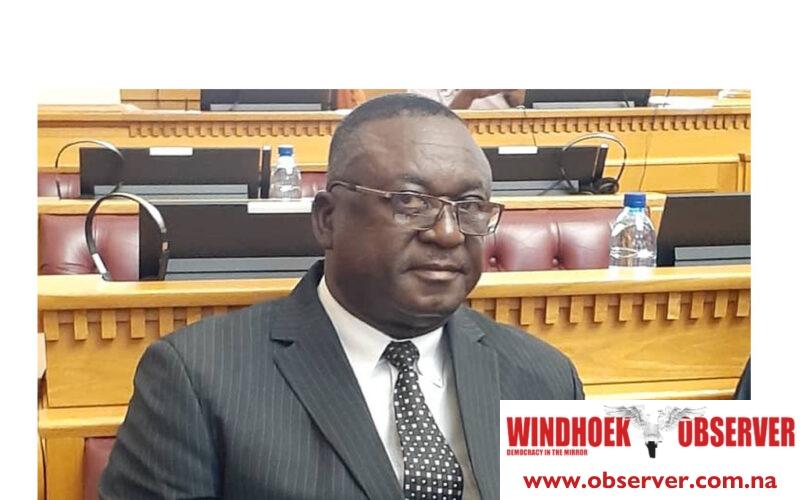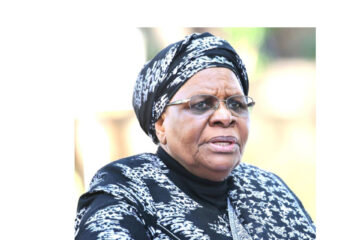Martin Endjala
Conditional Basic Income Grant (CBIG) beneficiaries have been cautioned not to fall into the trap of the Swapo Party’s attempts to garner votes for the 2024 Presidential and National Assembly elections.
The Rally for Democracy Progress’s (RDP) Secretary General, Kennedy Shekupakela, who is also a Member of Parliament, stated that this is a desperate attempt, by the incumbent government to convince Namibians to vote for them, while the programme in itself is not sustainable.
“This is a desperate attempt to secure votes for 2024. The sorry part of it is that our people in the villages will fall for it and, in the end, they will have themselves to blame,” he said.
Shekupakela told this publication that Namibians must remain vigilant and not allow themselves to be trapped in political agendas.
He adamantly argued that the CBIG is a very promising initiative by the government.
“There, however, remains some loopholes, particularly its sustainability,” he said while referencing the current food bank programme where beneficiaries receive a monthly grant of N$600.
He said with concerns already making rounds across the country about certain beneficiaries not receiving their parcels or too little, he is not convinced that the CBIG is sustainable nor going to benefit everyone deserving Namibian.
However, in response to these concerns, the Ministry of Gender Equality, Poverty Eradication and Social Welfare’s spokesperson, Lukas Haufiku, refuted the claims, cementing that the CBIG is not a Swapo-driven agenda but a national response to ensure that all Namibians live a dignified life.
He explained that the administration of the monthly payments is carried out through the Social Assistance System, a well-established system which is closely linked to the Namibia Population Registry System.
Hence the connection ensures that the programme’s beneficiaries are accurately verified, preventing misuse of funds and promoting accountability.
With regards to the CBIG sustainability, Haufiku stated that the Ministry has carefully considered the long-term implications of the programme. While it currently supports a significant number of households, the Ministry is further committed to ongoing monitoring and evaluation to ensure the programme’s sustainability.
“Sustainability involves not only financial considerations but also addressing the broader social impact of the CBIG. The Ministry’s objective is to strike a balance between providing essential assistance to those in need and encouraging self-reliance and economic independence among beneficiaries.
It is essential to recognise that the Ministry’s approach evolves with changing circumstances, and it remains open to adjustments that better address the needs and concerns of the community,” he said.
Haufiku highlighted that the Ministry offers a range of grants and social assistance programmes aimed at addressing poverty, promoting social inclusion, improving access to healthcare and education, and enhancing the overall well-being of vulnerable individuals and families in Namibia.
Landless People’s Movement National Youth Command Leader Duminga Ndala, welcomed the initiative, describing it as a progressive initiative given the high levels of unemployment, inequality and poverty in Namibia.
However, she said there should be a clear class agenda as to how this program will be rolled out, the desired outcomes what it aims to achieve and how long should one be on this initiative.
“The sustainability of it depends on the availability of resources. Although one would have wished that these monies be channelled into setting up industries that could employ masses of people. I think it’s a progressive idea to improve the social status and close the inequality and poverty gaps in Namibia,” said Ndala.




